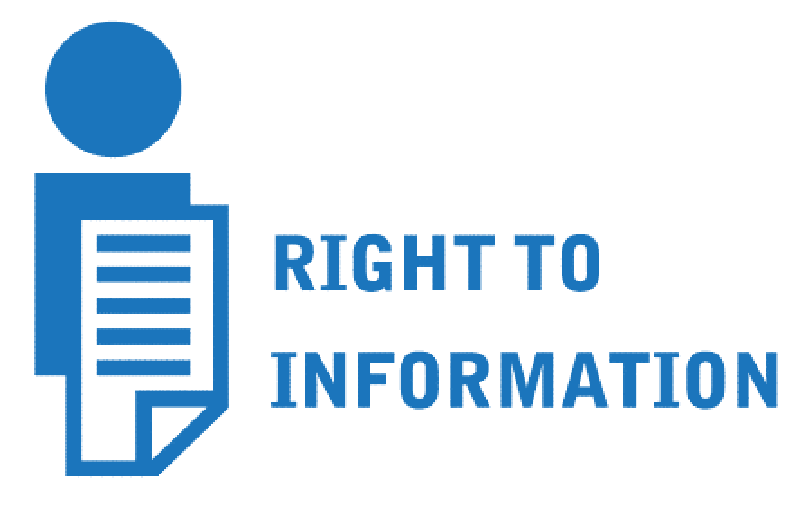Officers of concerned deptts unaware of even broad contours
No compliance to provisions of transparency law
Mohinder Verma
JAMMU, Oct 3: In blatant violation of provisions of the Right to Information Act, the Government of Union Territory of Jammu and Kashmir has failed to put in public domain the four sectoral policies, which were approved by the Administrative Council headed by Lieutenant Governor more than six months back.
The most shocking aspect is that even officers of the departments to which these policies pertain to are unaware of even their broad contours and this clearly reveals that no serious attention was paid towards the policies after formulating the same with much hype.
The Administrative Council in its meeting held on March 20, 2020 under the chairmanship of the then Lieutenant Governor Girish Chandra Murmu had accorded approval to the adoption of J&K Tourism Policy, J&K Captive Power, Hydro Power and Renewable Energy Policy and J&K AYUSH Care Investment Policy.
“These sectoral policies provide for integrated development of various sectors to create business environment thereby attracting investors to make gainful investments in the Union Territory of Jammu and Kashmir and balanced industrial growth at reduced costs leading to creation of employment opportunities, income generation and overall economic development”, the Government had mentioned in the official statement issued soon after the meeting of the Administrative Council.
However, despite lapse of more than six months these four sectoral policies have not been put in the public domain as a result of which common masses are unaware of the strategies chalked out by the Government to give necessary impetus to employment creation, income generation and overall economic development, sources told EXCELSIOR.
These policies pertain to Tourism Department, Power Development Department, Power Development Corporation, Jammu and Kashmir Energy Development Agency and Department of Health and Medical Education/Indian System of Medicine. But these policies are not available either on the websites of these departments or the one of Jammu and Kashmir Government.
For what these policies were framed and approved by the Administrative Council if these had not to be put in the public domain, sources asked, adding “how would the Government justify non-availability of these policies on the departmental websites when much hype was created over their approval through official statement”.
EXCELSIOR contacted a number of officers of these departments to get information about the broad contours of these policies but none of them was able to reveal anything and simply tried to put the bail in the court of higher authorities. They also failed to point out the reasons behind not hosting these policies on the websites of respective departments.
“By not putting these important policies on the public domain the Government has violated the provisions of the Right to Information Act (transparency law)”, sources said, adding “as per Section 4 of the RTI Act the Public Authorities are supposed to voluntarily put such information in the public domain through their respective websites”.
Section 4(1)(c) of the RTI Act states: “Every Public Authority shall publish all relevant facts while formulating important policies or announcing the decisions which affect public”. Similarly, Section 4(2) of the Act reads: “It shall be a constant endeavour of every Public Authority to take steps to provide as much information suo-moto to the public at regular intervals through various means of communications including internet so that public have minimum resort to the use of this Act to obtain information”.
Likewise, Section 4(3) of the transparency law states: “Every information shall be disseminated widely and in such form and manner which is easily accessible to the public”.
Moreover, the then Lieutenant Governor Girish Chandra Murmu had laid stress on numerous occasions about regularly updating the websites of the departments so that people have easy access to the decisions of the Government.
In the official statement issued after Administrative Council meeting, it was mentioned that Jammu & Kashmir Tourism Policy aims at making J&K most preferred all-season tourist destination for domestic and foreign tourists in India by 2025. But how this objective will be achieved is not known to the stakeholders, who otherwise have an important role to play.
Similarly, it was mentioned that Captive Power Policy-2020 shall encourage the investment in establishing of Captive Power Plants in the Union Territory and this will enable the industrialists to cater their load demand as and when required. However, industrialists are completely unaware of even broad contours of the policy.
About Hydro Power & Renewable Energy Policy, it was stated that this policy will promote generation of green and clean power in J&K using Hydro and Solar Energy, create conditions conducive to the involvements of investor in renewable energy projects. But how the benefits of the policy can be achieved without knowing its details remains a million dollar question.


